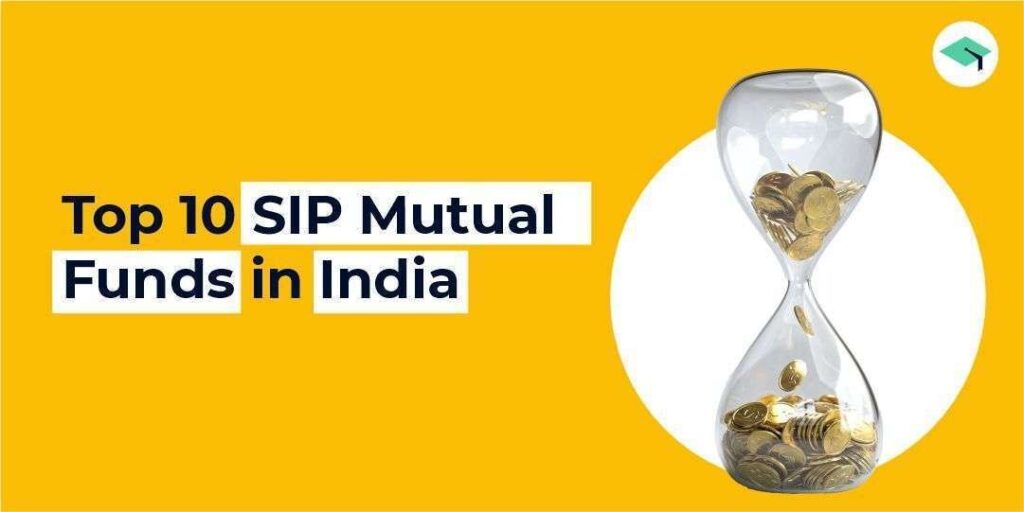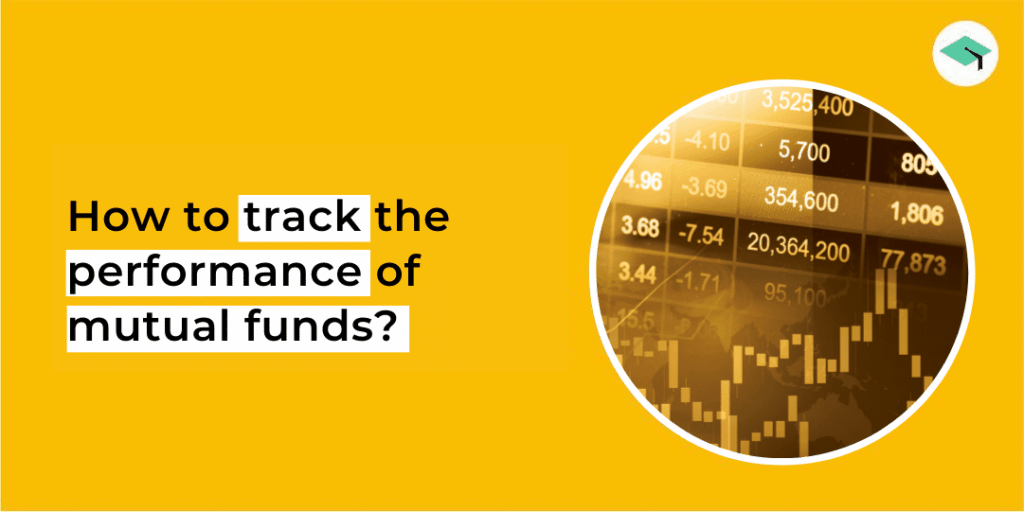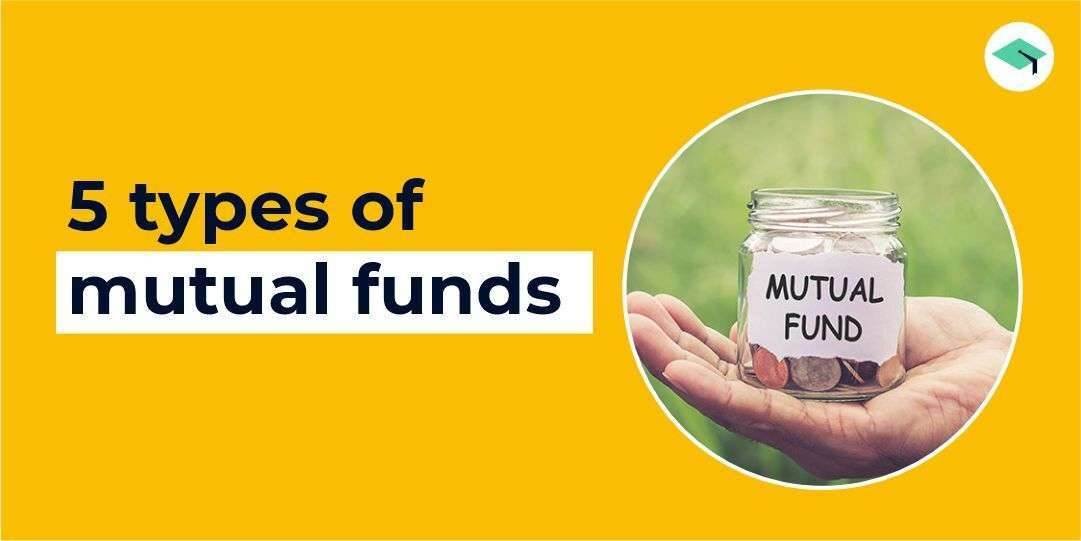Investing in mutual funds for your child’s education is always advisable. First of all, it is a less stressful option than investing in direct equity stocks because that requires you to have in-depth knowledge of market trends and fluctuations.
Secondly, with mutual funds, there are a variety of schemes you can opt for depending on a range of factors. These factors could include the time period for which you can invest before liquidating, the amount of money you can invest, the amount you require to secure the education fund, the level of risk you can take, and so on.
When it comes to building an education fund, here are the top 5 types of mutual funds you can choose from.
1. Large-cap mutual funds
The defining characteristic of large-cap equity funds is the fact that these funds invest in the top 100 Indian companies that have the highest market value.
Large-cap mutual funds can bring in impressive returns if you remain invested for a long period.
If you are a person who wants to avoid taking very high risks with your investments and has decided to invest early for your child’s education, this is the way to go.
The average returns rate has historically beaten that of Fixed Deposits and similar investment alternatives.

SIP Mutual Fund Investment
2. Mid-cap mutual funds
Mid-cap funds invest in Indian companies that come in the next best 250 in terms of market value. These funds are for you if you are ready to take on a higher level of risk. Justifiably, the return rates also tend to get higher.
One way to satiate the risk appetite of mid-cap equity funds is to let them season for at least 7-10 years.
If your child is in primary or middle school, investing in such a scheme will generate a wholesome amount of wealth by the time they are ready to pursue a college education.

How to track Mutual Funds?
3. Equity-linked saving schemes
Among the various perks of investing in mutual funds is the tax deduction benefit. Equity Linked Saving Schemes are devoted to enabling investors to save taxes, as the name also indicates.
The only catch here is that it has a compulsory lock-in period of at least 3 years. The aim here is to keep you invested longer to counter the risk level.
If you can spare that amount of time, then ELSS is definitely a go-to. An added benefit is the historically high level of returns.

Mutual Funds to invest in Child Education
4. Low-risk options
There is this whole myth surrounding mutual funds that they only come with a high-risk factor. On the contrary, a debt fund is also a kind of mutual fund that comes with low risk, so much so that it remains undisturbed by market fluctuations.
Debt funds are still a better option than Fixed Deposits because they can generate a higher percentage of returns. So, if you are not in favor of taking high risks, debt funds are a go-to.
5. Hybrid mutual funds
If you are confused about your investment options or even hesitant about risking too much, the answer to your problems is a hybrid mutual fund. This kind of fund is a mixture of equity as well as debt.
Hybrid mutual funds bring in the best of both worlds. They tend to generate good returns at low risk.
FAQs
What are the different types of mutual funds?
- Large-cap mutual funds
- Mid-cap mutual funds
- Equity-linked saving schemes
- Low-risk options
- Hybrid mutual funds
Which type of MF is best?
The best type of mutual fund is the Hybrid mutual fund.
Which MF gives the highest return?
Equity-linked mutual funds are considered the mutual funds with the highest returns.
Conclusion
There will be miscellaneous financial goals you will be required to set if you are a family person. One among these might be to straighten up the roadmap to your child’s academic and career aspirations.
The first step is calculating your expected expenses with the help of an education cost calculator. The calculator will help you draw your investment map to fulfill your child’s aspirations.
The earlier you invest, the more prepared you will be to make critical decisions as the moment arrives.
Disclaimer
Mutual funds are subject to market risks. The previous performance of a fund is no guarantee of future success. Please reach out to an expert to know more about the schemes before investing.
